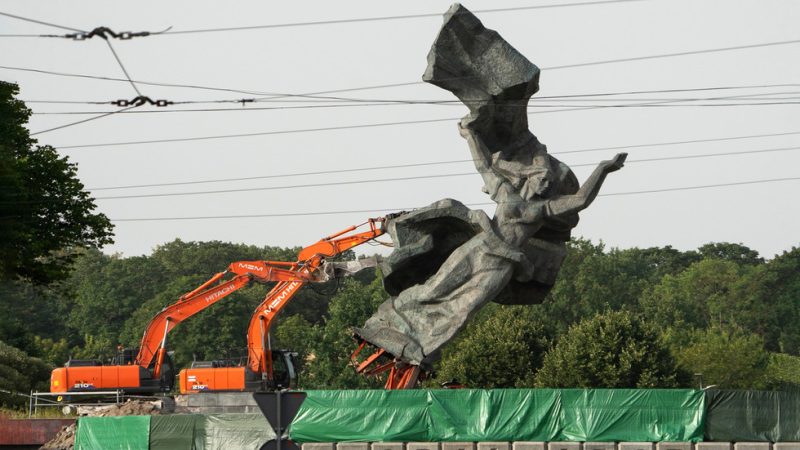
A wave of vandalism targeting Soviet war memorials and graves across Eastern Europe has prompted a significant response from Moscow. Russian authorities have announced an investigation into over 160 incidents of desecration, sparking a diplomatic and historical debate. The scale of the vandalism, impacting sites in the Baltics and other former Soviet bloc countries, is considerable and raises concerns about the preservation of historical memory and the potential for escalating tensions.
The incidents reportedly involve the defacing and destruction of monuments commemorating Soviet soldiers who perished during World War II. These memorials hold deep symbolic significance for Russia, representing a pivotal period in its history and the immense sacrifices made during the conflict. The targeting of these sites is therefore viewed by Moscow as not only a criminal act but also a deeply offensive act of historical revisionism.
While details surrounding each individual incident remain scarce, the sheer number suggests a coordinated effort or, at the very least, a widespread trend. The investigation launched by Russia will likely focus on identifying the perpetrators and determining the motivations behind the attacks. This could lead to diplomatic friction with the countries where the vandalism occurred, as accusations of insufficient protection of historical sites are likely to be raised.
The situation also raises complex questions about historical memory and national identity in the region. For many in the former Soviet republics, these memorials represent a painful reminder of occupation and oppression, while for others, they symbolize a shared sacrifice and a legacy of victory. The ongoing debate surrounding the removal or preservation of these monuments reflects the deep-seated historical divisions that continue to shape the political landscape of Eastern Europe.
The investigation’s outcome remains to be seen, but it is clear that the vandalism of these Soviet war memorials has ignited a sensitive and potentially volatile situation. The international community will be watching closely as the investigation unfolds and the diplomatic fallout begins to emerge. The long-term implications for regional relations and the preservation of historical memory are significant and deserve careful consideration.










